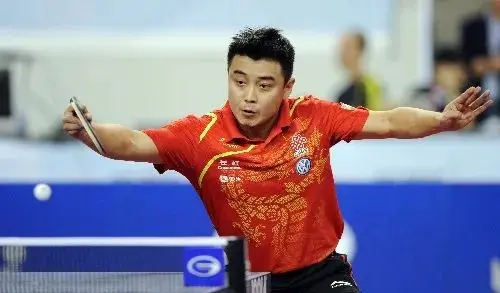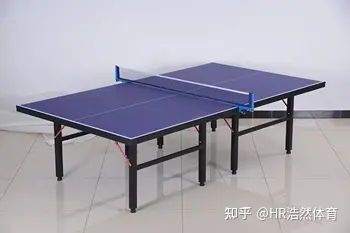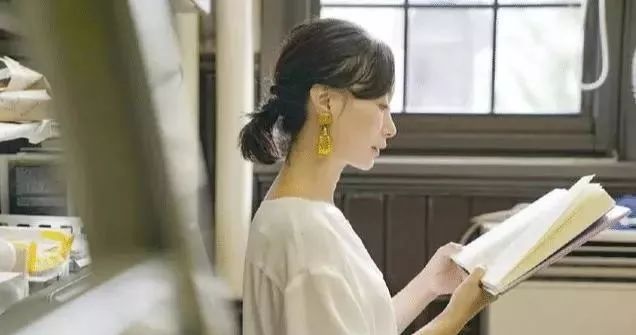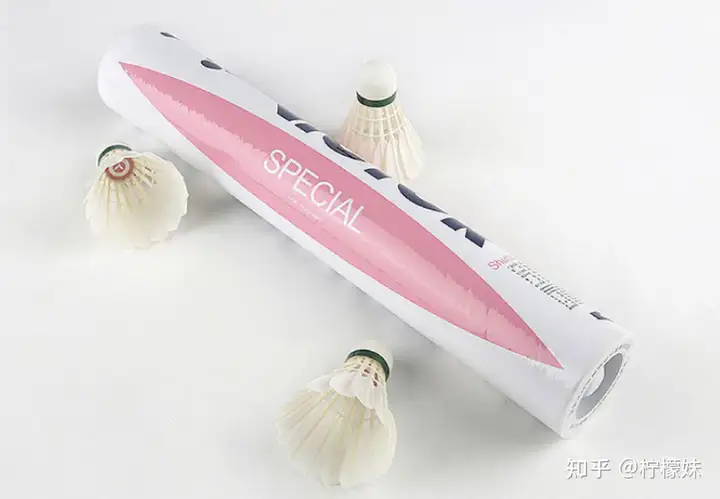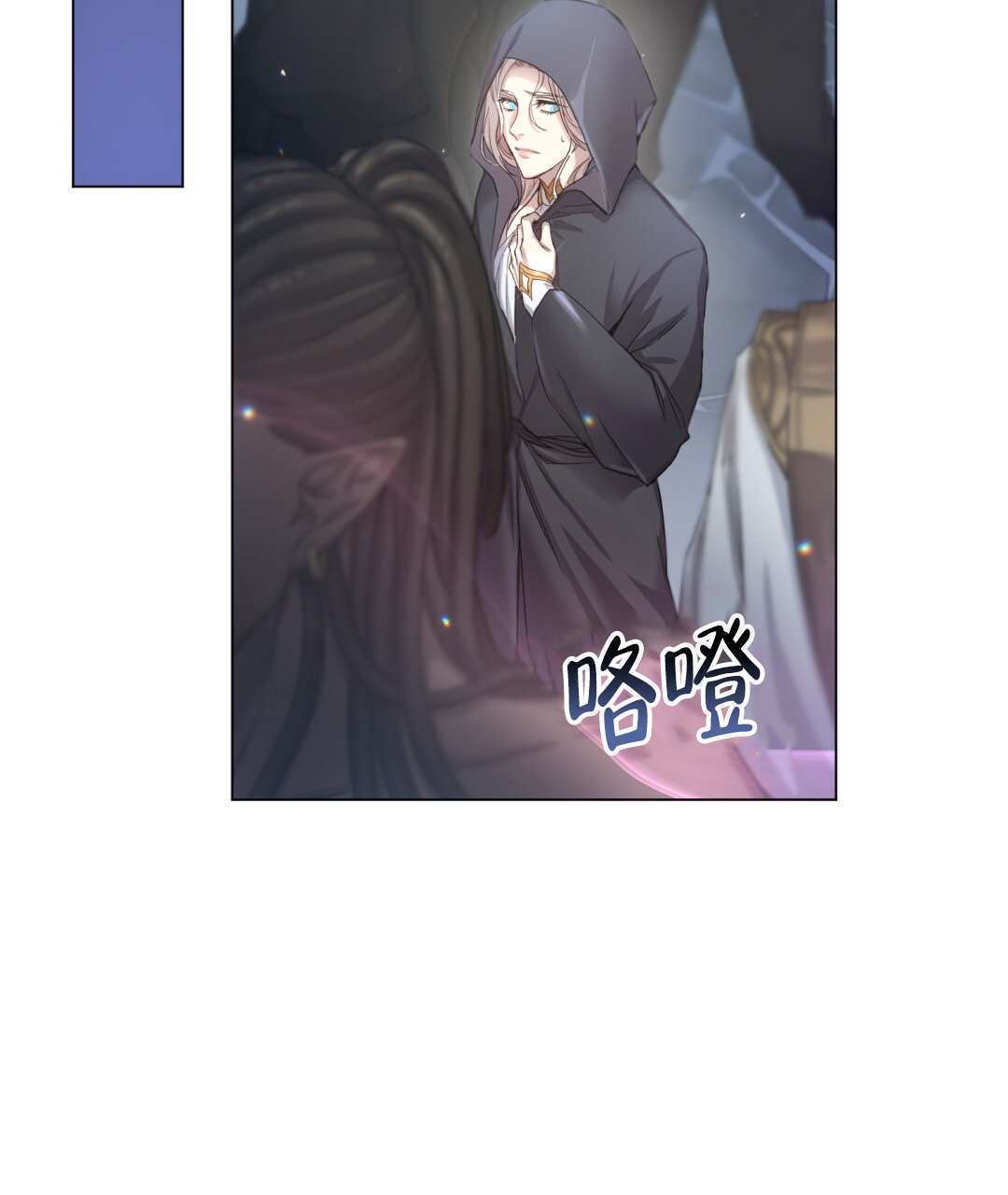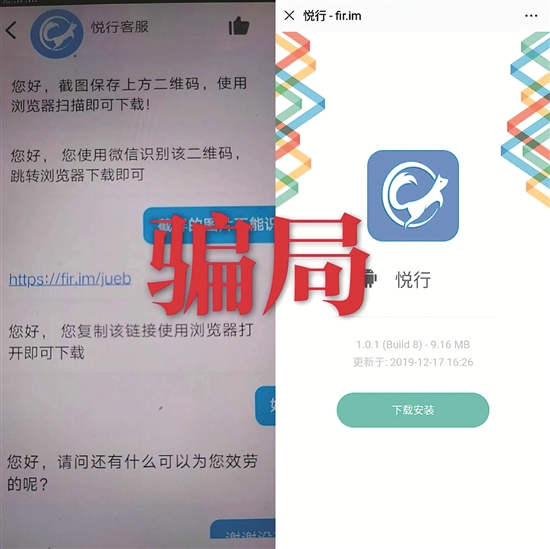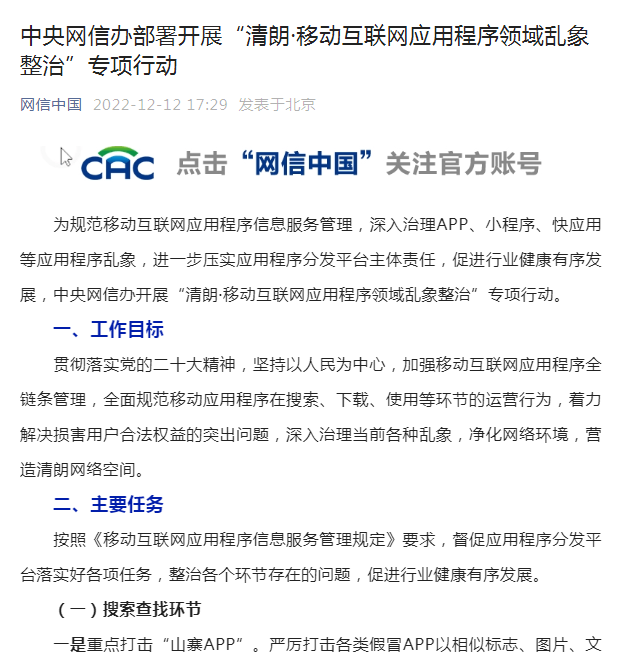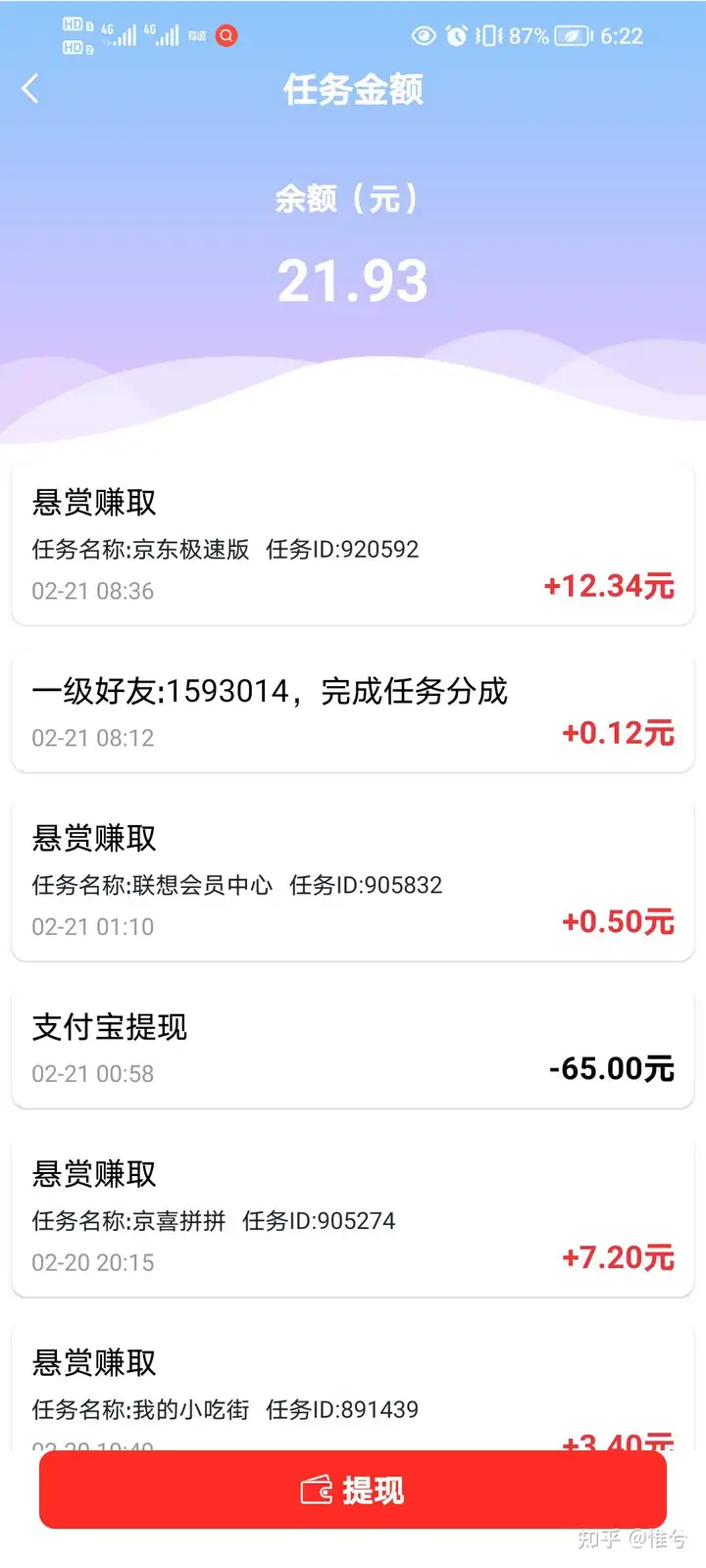名词单数变复数的十大规则以及名词单数变复数时S/ES的发音规则
原标题:名词单数变复数的十大规则以及名词单数变复数时S/ES的发音规则

Nouns: Common Nouns and Proper Nouns
名词:普通名词与专有名词
A noun is a word that names a person, an animal, a place, a thing, or an idea. All nouns can be further classified as a proper or common noun. A common noun is a general way of classifying something, and a proper noun is a specific way of classifying something, and proper nouns are always capitalized in English, no matter where they fall in a sentence.
名词是表示人物、动物、地点、物品或概念的词。名词可分为专有名词和普通名词。普通名词指人或事物总类的名词。专有名词指的是表示特定的人或事物的名词,一般情况下专有名词的首字母要大写。
So, for example, the word dog is a common noun; but if your dog was called Fido, the word Fido is a proper noun.
比如,dog这个词是一个普通名词;但如果狗的名字叫Fido,Fido这个词就是一个专有名词。
★ My favorite newspaper (common noun) is the Washington Post (proper noun).
★ Her husband (common noun) is called Frank (proper noun).
★ The award-winning Babe Ruth (proper noun) is the greatest baseball player (common noun) in history.
Concrete Nouns and Abstract Nouns:
具体名词与抽象名词:
◆ Concrete Nouns are nouns that can be physically experienced through taste, touch, sight, hearing, or smell.
具体名词是通过五感可以看到或接触到的名词,如book, tree, water, sand, pen, house, sugar, phone, cloud, petrol, boy, girl, teacher, student等。
◆ Abstract Nouns, unlike concrete nouns, are ideas, concepts and emotions.
抽象名词指抽象概念的名称,这些概念是看不见摸不着,这类名词包括想法、概念、情绪等。如love, beauty, happiness, youth, failure, success等。
Countable and Uncountable Nouns:
可数名词和不可数名词:
Countable nouns are for things we can count using numbers. They have a singular and a plural form. The singular form can use the determiner "a" or "an". If you want to ask about the quantity of a countable noun, you ask "How many?" combined with the plural countable noun.
可数名词是可以用数目来计算的名词。可数名词有单数和复数形式。单数形式可以用限定词 “a”或 “an”来修饰。用“How many + 可数名词的复数形式?”提问。
★ She has three dogs.
★ 她有三只狗。
★ I would like two books please.
★ 我想要两本书,谢谢。
★ How many friends do you have?
★ 你有多少个朋友?
Uncountable nouns or noncount nouns are for the things that we cannot count with numbers. They usually do not have a plural form. We cannot use a/an or a number with these nouns. To express a quantity of an uncountable noun, use a word or expression like some, a lot of, much, a bit of, a great deal of, or use an exact measurement like a cup of, a bag of, 1kg of, 1L of, a handful of, a pinch of. If you want to ask about the quantity of an uncountable noun, you ask "How much?"
不可数名词是无法用数目来计算的名词,没有复数形式。不能用限定词 “a”或 “an”或者数字来修饰。要想表达数量,我们可以用some,a lot of,much,a bit of,a great deal of,或 a cup of,a bag of,1kg of,1L of,a handful of(一把),a pinch of(一撮)等词。用“How much?”提问。
Types of Uncountable Nouns不可数名词有哪些:
◆ Liquids and Gases液体和气体: water, juice, milk, beer, tea, olive oil, soup, blood, honey, gas, air, petrol, gasoline, oxygen, nitrogen
◆ Powders粉末: sugar, flour, salt, rice, sand, soil, dust
◆ Materials材料: wood, plastic, metal, paper, silk, gold, copper, iron, stone, glass
◆ Food食物: fruit, meat, chicken, beef, pork, mutton, fish cheese, bread, butter
◆ Subject学科: art, geography, English, science, biology, physics
◆ Natural Phenomenon自然现象: fog, ice, rain, snow, weather, sunrise, sunset
◆ Names of Sports and Activities运动或活动的名称:
baseball, dancing, yoga, hockey, reading, hiking
◆ Abstract Ideas抽象概念: time, information, love, beauty, knowledge, happiness, money, advice, education, pride, wisdom, trust, youth
★ There has been a lot of research into the causes of this disease.
★ 对这种疾病的病因研究已有很多。
★ He gave me a great deal of advice before my interview.
★ 他在面试前给了我很多建议。
★ How much bread do you need?
★你需要多少面包?
Countable nouns have singular and plural forms:
可数名词的单数和复数:
Plural Nouns Rules可数名词单数变复数规则:
1. Add S to form the plural of most nouns:
大多数名词变复数直接在名词末尾加s:
girl – girls / apples – apples/ tree - trees
2. Add ES to nouns that end in ch, sh, s, x, or z:
以ch, sh, s, x, z结尾名词加es:
bench – benches / dish – dishes /
bus – buses/box - boxes
有时需要双写辅音字母,再加es, 如quizzes,当ch发/k/音时,直接加s,如stomachs。
3. For nouns that end in Y with a consonant before the Y, change the Y to I and add ES:
以“辅音字母+y”结尾的名词,变y为i,再加es:
candy – candies / puppy - puppies
4. For nouns that end in Y with a vowel before the Y, just add S:
以“元音字母+y”结尾的名词,直接在词尾加s:
toy – toys / monkey – monkeys / boy - boys
5. For nouns that end in F or FE, drop the F or FE and add VES:
以f或fe结尾的名词,去掉f或fe,加ves:
loaf – loaves / knife – knives / leaf – leaves/
wife – wives / shelf – shelves / thief - thieves
例外: beliefs, roofs, chefs, proofs, handcuffs, safes保险柜; 当以ff结尾时,直接加s,如cliffs。
6. For nouns that end with a consonant before an O, add ES:
以“辅音字母+o”结尾的名词加es:
potato – potatoes 土豆 / tomato – tomatoes 西红柿
cargo – cargoes 货物 / echo – echoes 回声
hero – heroes 英雄
例外: zeros, photos, tacos, pianos, autos.
以“元音字母+o”结尾的名词,直接在词尾加s,如radios收音机,stereos音响, bamboos竹子, zoos动物园, ratios比率。
7. Some nouns, change the spelling of the singular noun:
不规则变化:Man-men, woman-women, child-children, mouse-mice, tooth-teeth, foot-feet, goose-geese, ox-oxen, person-people, die-dice
8. Some nouns, use the same singular and plural form:
单复同形:deer-deer; fish-fish; sheep-sheep;
moose-moose; aircraft – aircraft; Chinese – Chinese; Japanese – Japanese; Swiss - Swiss
9. Some nouns are never singular, and we always use their plural forms:
有些名词我们只使用其复数形式:
★ trousers裤子; jeans牛仔裤; pants裤子;
★ glasses眼镜; sunglasses太阳镜; clothes衣服;
★ scissors剪刀; pajamas睡衣; gloves手套;
★ suspenders吊带; spectacles眼镜; scales天平;
★ shoes鞋; shorts短裤; socks袜子; stockings长筒袜;
★ ashes灰尘; remains残骸; belongings财产;
★ savings储蓄; commons平民; stairs楼梯; wages工资;
★ outskirts郊区; surroundings环境; lodgings出租屋
10. Words about nouns in English that have Latin and Greek origins:
拉丁语和希腊语来源的英语名词变复数:

How to Say Plural Endings -S/-ES:
名词变复数S/ES的发音规则:
The way this ending is pronounced depends on the last sound of the noun in singular form. There are three different cases:
名词变复数时词尾的发音取决于名词单数形式时最后一个发音,有三种情况:
◆ We say /s/ after the voiceless consonants /f, k, p, t, θ/:
在清辅音/f, k, p, t, θ/后发/s/:
cups /kʌps/; book / bʊks/; hats /hæts/.
◆ We say /z/ after voiced consonants /b, d, g, l, m, n, ŋ, r v, ð/ and vowel sounds:
在浊辅音/b, d, g, l, m, n, ŋ, r v, ð/和元音后发/z/:
beds /bedz/; games /geɪmz/;
toys /tɔɪz/; parties /ˈpɑ:tiz/
◆ We say /ɪz/ for nouns with the final sound /s, z, ʃ, ʒ, tʃ, dʒ/, usually including nouns that end in ch, sh, s, x, or z that we add ES for the plural:
以/s, z, ʃ, ʒ, tʃ, dʒ/结尾的名词,通常包括以ch, sh, s, x, z结尾的名词加es变复数,发/ɪz/:
buses /bʌsɪz/; wish /wɪʃɪz/; ages /eidʒiz/;
watches /wɔtʃiz/; foxes /fɔksiz/
★ My sister has one child; my brother has two children.
★ 我姐姐有一个孩子;我弟弟有两个孩子。
★ I’m a quiet person, so I don’t talk to many people.
★ 我是个安静的人,所以我不和很多人说话。
★ Did you catch one fish or two fish at the lake?
★ 你在湖边抓了一条鱼还是两条鱼?
★ I have one pair of glasses and two pairs of sunglasses.
★我有一副眼镜和两副太阳镜。
★ He has one cactus in his front yard, but many cacti in his backyard.
★他的前院有一棵仙人掌,但他的后院有很多仙人掌。返回搜狐,查看更多
责任编辑:


